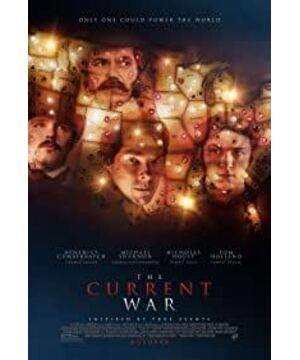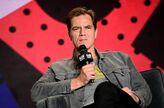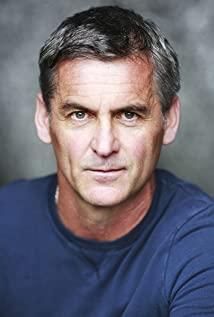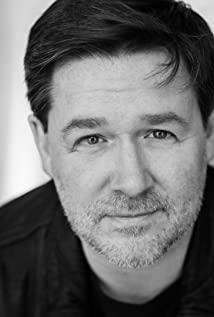I don't understand why the rating is so low. Many people say it's confusing, but I don't think it... The rhythm is tight, the characters are lively, the acting is online, and the historical restoration is okay. It's pretty good. And this history is very interesting and exciting. I highly recommend watching it.
Here's what it looked like at the time:
I also watched "The Current War" today, telling the story of Thomas Edison & JP Morgan vs Westinghouse & Tesla, direct current DC vs alternating current AC. After I came back, I did Google tutoring again.
The Achilles heel of DC is (voltage &) transmission distance, and cost (copper wire).
If you use DC power supply, you have to have a power plant every kilometer, which is of course unimaginable today, but it was endorsed by an inventive genius back then.
Of course, everyone will still choose the affordable one. Although Edison tried to use his fame to discredit AC (saying dangerous), Westinghouse still stole a lot of orders, including the crucial Chicago World Fair.
In the end, JP Morgan kicked Edison out, switched to AC, merged an AC power plant (Westinghouse's competitor), established GE, and won 2/3 of the market.
My feeling:
1. Did Edison really invent the light bulb? He integrated all pieces together on the basis of the previous decades and other inventors at the time and made everyone think that the light bulb was invented by him.
Therefore, great inventions may not necessarily be great scientific breakthroughs, but smart engineering may be more needed.
2. It was a good time. Many inventions, big and small, changed the world to a great extent. Edison alone has electricity, lighting, (factory electricity, AC though), phonograph, animation...
3. The generation of a new subversive technology will have opportunities for the entire industry chain.
Tesla suggested that Westinghouse go to Niagra Falls to build a power plant and make money from energy.
Tesla decides to work on "wireless transmission of electricity"? Does he really need cords?
Westinghouse wants to develop other markets (factories, transportation, etc.) beyond lighting.
4. The importance of capital, taking risks upfront
Tesla was taught by the first screw his capitalist that Cash flow is the force that controls all this.
In fact, it is true to some extent.
There are more than one technology that can work (of course it is still difficult), but this kind of innovation requires huge investment in the early stage, research and development, experiments, establishment of experimental (power supply) areas, and so on.
Because Tesla has no money, the drawings are all finished, but there is no money to build an AC motor.
Behind Edison is JP Morgan who has been providing funding.
Technology is not something that only one person can do.
Patent can be bypassed.
JP Morgan, who ended up buying a lot of competitors, was the big winner.
But Edison's reputation, Westinghouse finally implemented AC, should be very satisfied spiritually.
View more about The Current War: Director's Cut reviews











